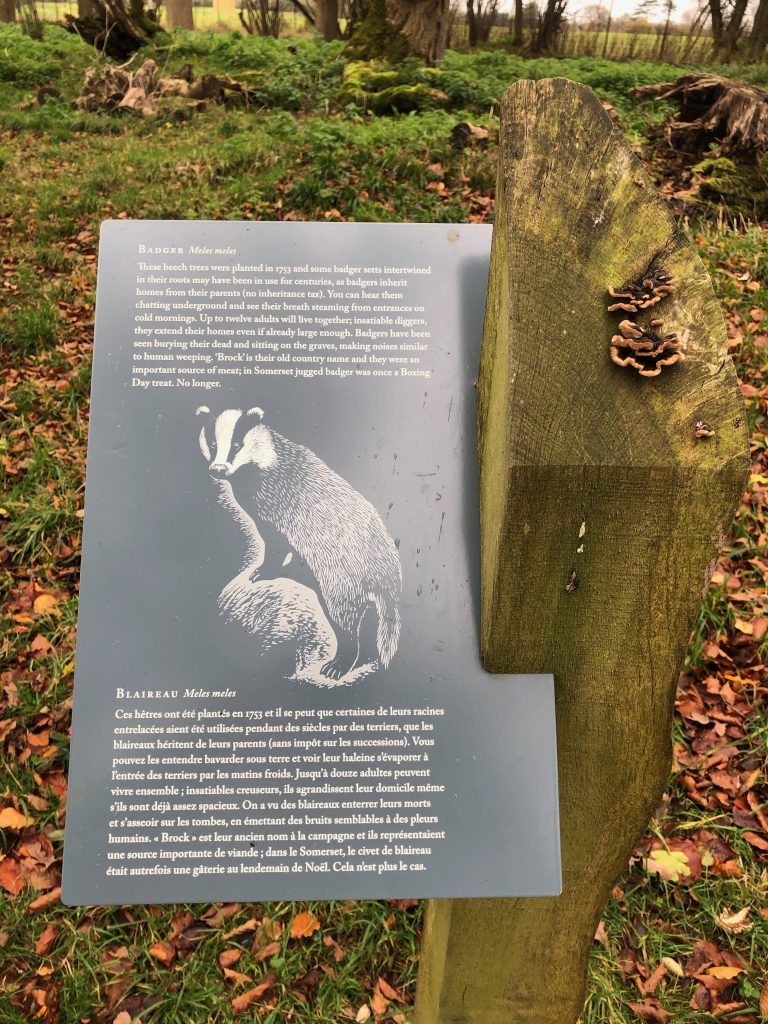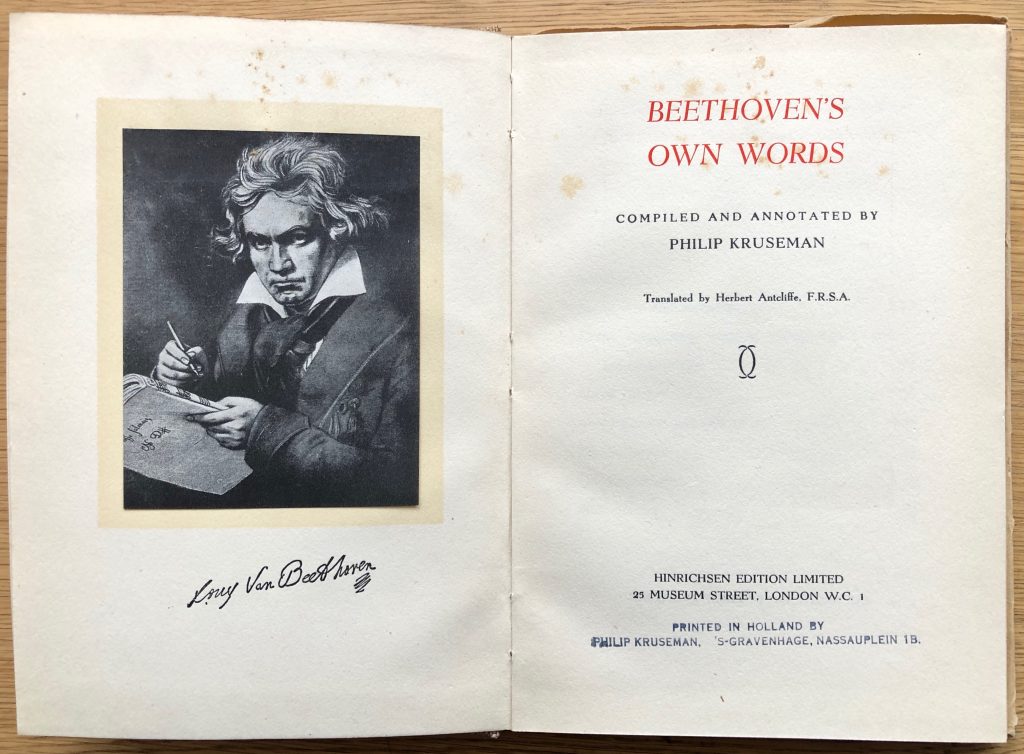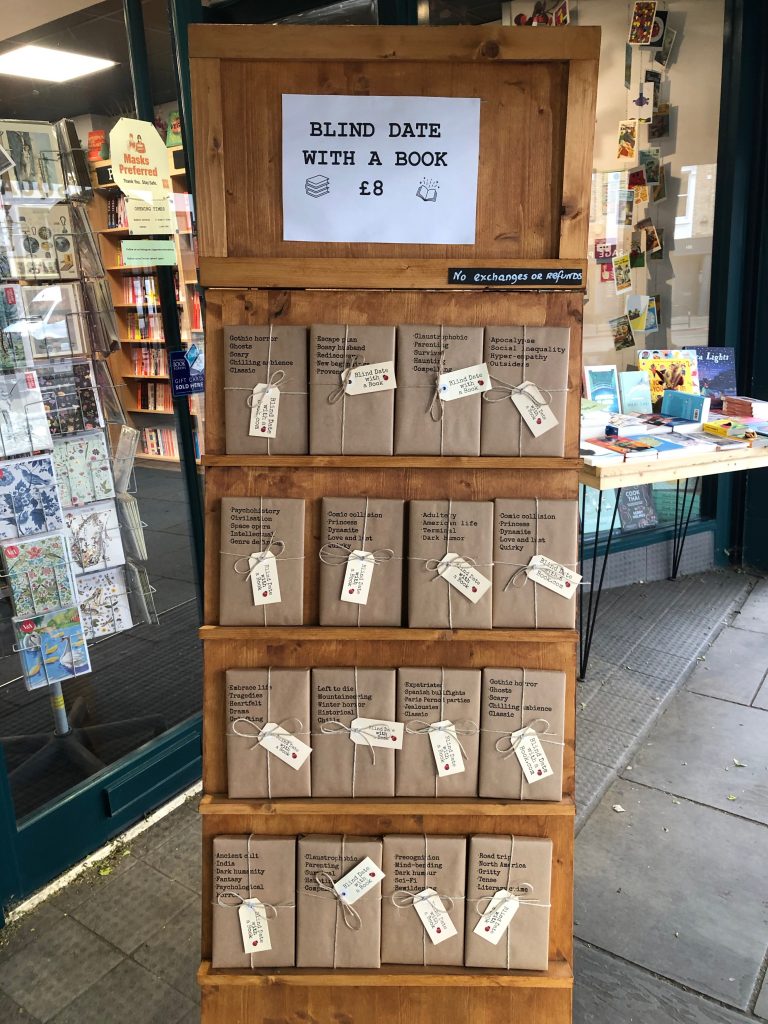Miniature marvels…
I recently had the pleasure of visiting the impeccable grounds of The Newt in Somerset. Owned by Koos Bekker (AKA Canniest Investor In Tech), the Newt is a wonder to wander, not least because of its attention to every last detail. Yes, the big draws include a reconstructed Roman villa and grand gardens, but my eye was caught by the scatterings of little infopanels around and about. Miniature marvels of communication, such as this one:

In a handful of well-chosen words, it takes you from when the surrounding beech trees were planted to what was once a Somerset Boxing Day treat, by way of the chatting, digging, steaming, weeping badgers who live in the sets beneath your feet.
Jugged badger may no longer be on the menu, but characterful communication is never out of fashion.

